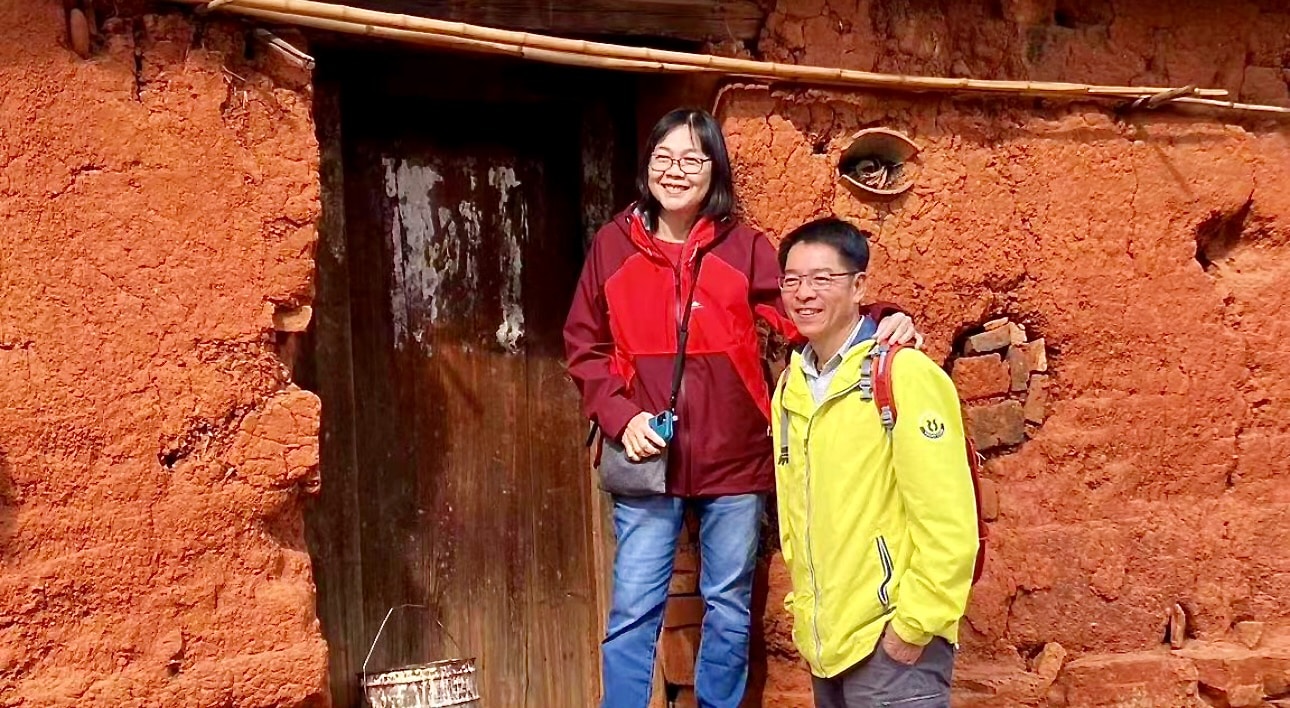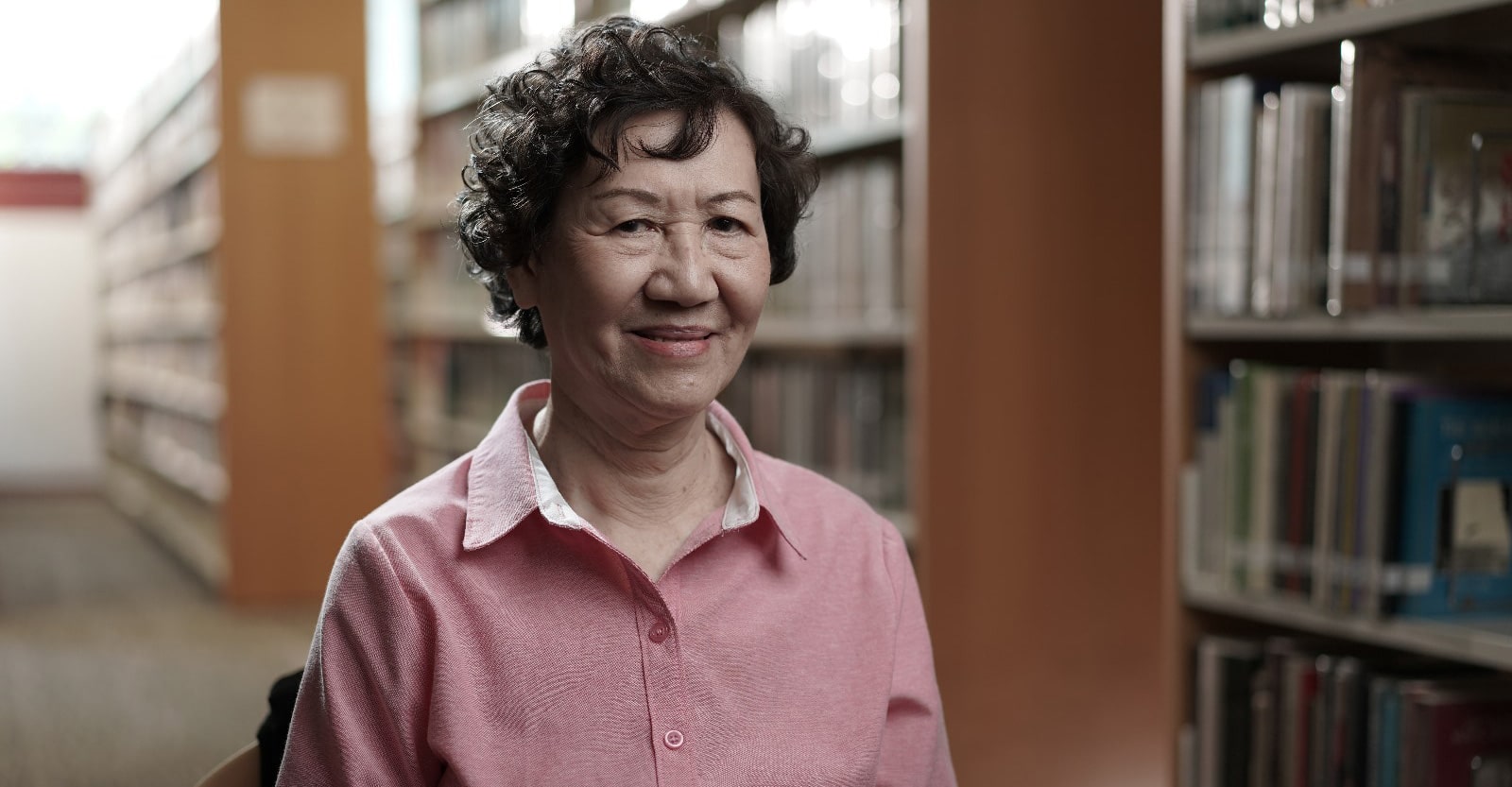Much ado about ‘salt’ and ‘light’? Walk the talk!
This is a new Salt&Light series entitled Urban Shalom, focusing on what it means to be a missional church community in a local urban neighbourhood.
Kenneth Thong // January 23, 2019, 12:55 pm

Photo by kumoma lab on Unsplash
“You are the salt of the earth … You are the light of the world.” (Matthew 5:13-14)
Sounds clear and obvious, right? That’s who we are; let’s move on?
Except that, even though we are existentially salt and light, we can experientially be anything but.
Elementary truths
Salt and light are quite different elements.
Salt is earth-bound while light is cosmic. Salt appeals to the taste while light appeals to the eyes. Salt changes our palatability for eating while light shows what we’re eating.
Being salt and light is a mandate on Christ’s disciples.
They seem like two entirely separate things. Are we to choose between the two? Or are we instructed to embody both?
I think the Scriptures are clear: Being salt and light is a commission and a demand. It is a mandate on Christ’s disciples.
But, a full salt-shaker sitting on my table has no effect on me unless it comes directly into contact with my food. A bright stage spotlight is of little benefit to me if it is projected on everything else except the cast on the stage.
If being salt and light is God’s expression for us to engage the world, then our effectiveness in our being deserves more intense scrutiny.
The Word’s worth
I don’t think many will dispute the observation that in most Christian ministries or churches, we either see one or the other and rarely see both being embodied with proportionate emphasis.
We can either be glaringly bright and clear but not quite near enough to people for any of our clarity to make sense, or we can be very near, right in the thick of action, but our Gospel messaging is clear as … mud.
We may be persuaded that the role of the Church is to faithfully preach the Bible, and devote most of our energies to sermon preparation and study, to preach to a congregation that gathers for two hours every week, teaching theological accuracies with all the know-how of our intellectual exposition.
If so, suppose visitor Average Joe accidentally stumbles into our meetings. Will he be able to get past our religious jargon?
Would the neighbours describe the Church any differently from a community centre?
Or, if for some reason, we have to relocate from our regular meeting places: How would our immediate neighbours respond? Would we have made an impact on their everyday lives besides Sundays, or would they celebrate the end of Sunday parking congestions?
On the other hand, we might be fully convinced that we are to become Christ’s hands and feet, and mobilise all our people and resources to knock on doors, serving the neighbourhood, developing a full repertoire of engagement programmes from pre-school childcare to elderly karaoke, building strong relationships with our neighbours.
But suppose Neighbour Jane gets interviewed for her comments about the Singing Christmas Tree display we’ve just successfully pulled off: Would she describe the Church any differently from a community centre?
If there is a power outage and the air-conditioning shuts down and we cannot provide infant and child-care services; if there isn’t any lighting or video projection, and microphones and electric musical instruments could no longer be used, would we still linger around to marvel at Christ revealed from the Word of God and nothing else?
Twin peaks of discipleship
Perhaps the pendulum that swings between being near or being clear is heavily influenced by our traditional divide of what following Christ should look like.
This is not an easy tension to reconcile.
A scholar is easily tempted to remain in the quiet confines of a library, espousing contemplations, but quickly runs out of experience with reality upon which these truths must find an application.
A practitioner, on the other hand, is also equally easily tempted to derive more meaning in engaging with people in their daily struggles than wrestling with theological depth that requires ponderous solitude, without which the outward engagements find neither depth or breadth.
As disciple-makers, we are to prove our talk by our walk, and to teach our walk by our talk.
Is there room for us to become practising scholars or scholarly practitioners? Is there a common space for co-existence of both Paul and Peter – one, a studious apprentice of Gamaliel (Acts 22:3); the other, an unschooled instinctive fisherman from the shores of Galilee (Matthew 4:18-19)?
As disciple-makers, we are to prove our talk by our walk, and to teach our walk by our talk. We simply cannot talk the walk without walking the talk and not have hypocrisy rearing its ugly head.
Likewise, we cannot walk the talk without being clear about Who it is we speak of.
And if discipleship is about responding to Jesus’ call to “come and follow me”, then disciple-making should be all about enabling people to know Him and obey Him in every facet of their lives.
Christ our example
There is no one who embodies both salt and light in more fullness than our Lord Jesus. He did not remain in heaven and bellow instructions for us to obey the written manual on the two tablets.
The Word became flesh and dwelled among us (John 1:14). He was both very near to where we are and very clear about who we are and who He is. If we are to be effective disciple-makers, we cannot depart from what He has commanded and demonstrated for us to do.
Just as Christ is for us and with us, so are we to be with one another.
Just as Christ is for us and with us, so are we to be with one another.
Being salt and light to the world is never meant to be expressed in privacy and isolation but in community.
If being salt and light is the expression of Christ’s witness to the world, the community from which salt and light is expressed also bears witness to the watching world.
True loving communities are what this world is deprived of and is yearning for, and perhaps, also what many currently in our Churches do not have and long for.
Eternal consequences
The consequence of malfunction as salt and light is dire.
Pseudo-salt is thrown out and trampled upon, utterly useless to anyone. While the hidden lamp is not snuffed out, the hefty consequence of not giving illumination is to deny glory to our heavenly Father! Heaven forbid!
Let us be very near to those whom He loves as we also become very clear about Whom we love.
Can you imagine what our society would look like if being salt and light were our expression of God’s glory?
Being salt and light is not an option or an add-on. It is our essential being and expression of the glory of God in the world we live in.
What if every Christian community became incarnationally relevant and indispensable, while proclaiming the object of our hope with unerring clarity: Can we imagine what our society would look like?
Let us be very near to those whom He loves as we also become very clear about Whom we love.
There is no firmer ground than that which we stand on when we hear and do the Word (Matthew 7:24-27). Anything else is sand.
We are an independent, non-profit organisation that relies on the generosity of our readers, such as yourself, to continue serving the kingdom. Every dollar donated goes directly back into our editorial coverage.
Would you consider partnering with us in our kingdom work by supporting us financially, either as a one-off donation, or a recurring pledge?
Support Salt&Light



